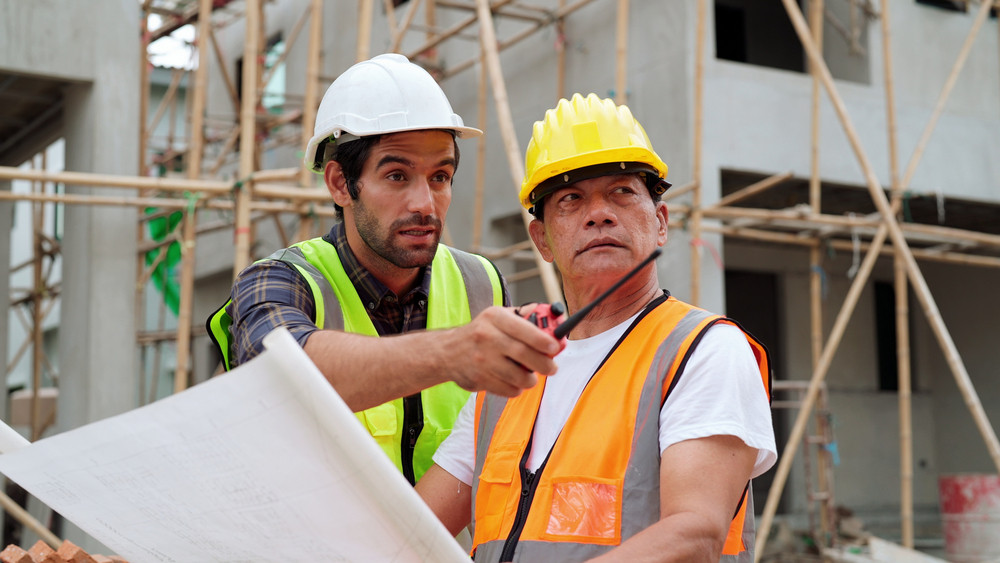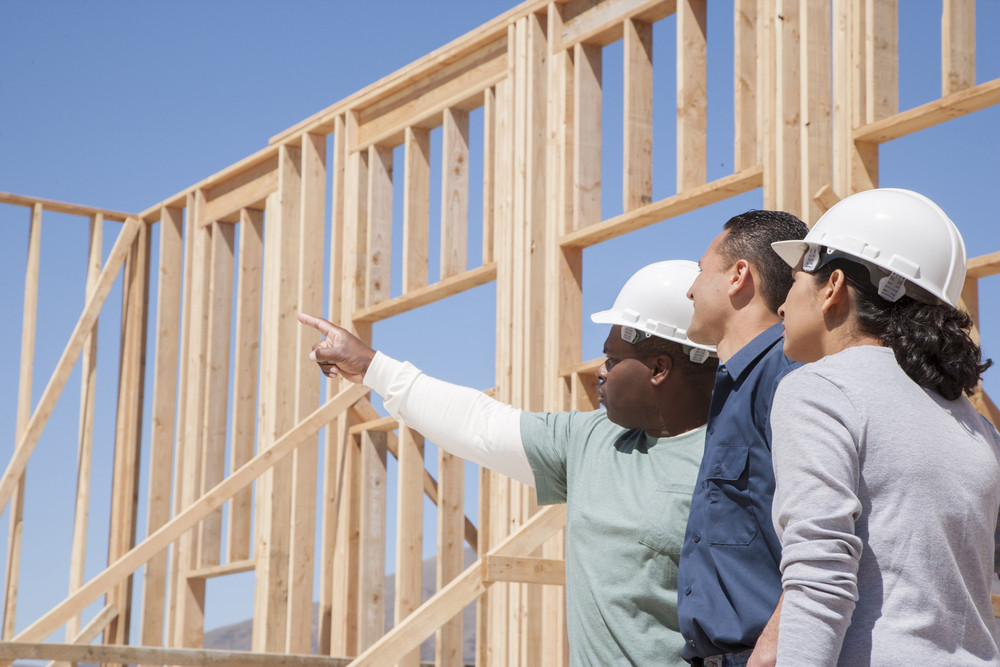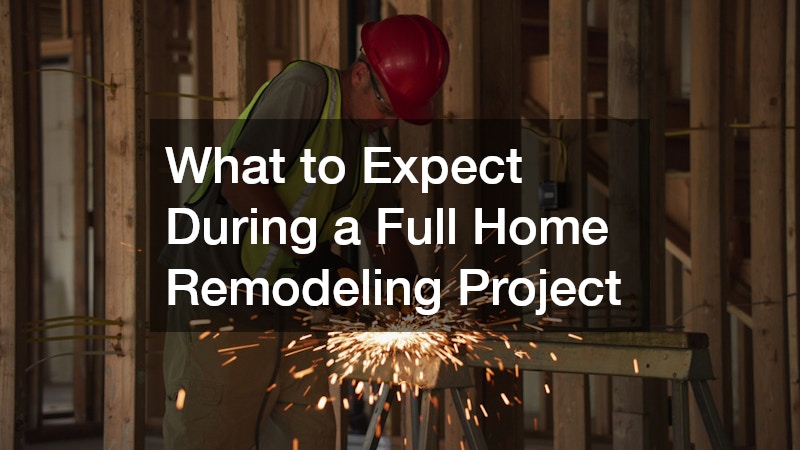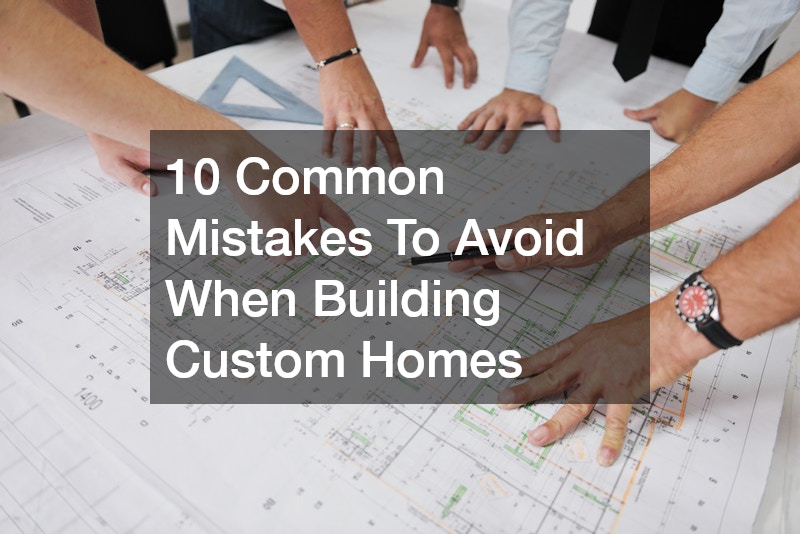
What unexpected costs should I plan for when building a house?
Highlights
- Site preparation issues like grading, soil testing, and land clearing often cost more than expected.
- Permit fees and utility connection costs can vary by location and add thousands to your budget.
- Upgrades and material changes during construction frequently lead to extra charges beyond your original contract.
- Landscaping expenses for driveways, sod, fencing, and outdoor lighting are often not included in builder quotes.
- You may need temporary living arrangements if your contractor delays your build, adding rental and storage costs.
- Unexpected labor or material price increases due to market conditions can quickly inflate your budget.
- Appliances, window coverings, and finishing touches may not be part of your builder’s base pricing.
- Partnering with home builders with good reviews helps you plan for these expenses more accurately and avoid unnecessary surprises.

Building a new home is one of the most exciting and meaningful investments a person can make. It’s more than just bricks and lumber; it’s the chance to design a space that reflects your lifestyle, values, and long-term vision for your family’s future. From choosing open-concept layouts to selecting finishes that fit your personal style, every detail offers a sense of ownership and creative freedom. However, the homebuilding journey isn’t without its challenges, and one of the most common surprises for new homeowners involves costs that go beyond the initial budget.
Even with a detailed building contract and well-thought-out plans, unexpected expenses frequently arise throughout the construction process. These can range from site preparation issues and permit fees to utility hookups, landscaping, and last-minute design changes. Without careful preparation, these unforeseen costs can lead to budget overruns, project delays, and added stress during what should be an exciting time.
Land Preparation and Site Work
Before construction can begin, your property must be prepped. Land preparation includes clearing trees, leveling uneven ground, grading for drainage, and soil testing to confirm it can safely support your home’s foundation. This is one of the most overlooked costs in a build.
According to the National Association of Home Builders (NAHB), site work and excavation account for about 7% of the total construction cost, but complications like poor soil conditions, underground rock, or high water tables can inflate this percentage quickly. Home builders with good reviews typically provide upfront estimates for site work but encourage owners to budget extra in case conditions aren’t ideal.
Utility Hookups and Infrastructure
Many future homeowners are surprised to learn that connecting to essential utilities like water, electricity, sewer, and gas may not be included in their initial building estimate. The cost of extending these services to your new home varies by location, proximity to public utilities, and local regulations.
For rural or semi-rural properties, additional expenses may involve installing a septic system or drilling a private well, which can add thousands to your overall project budget. Energy.gov confirms that utility connection fees and infrastructure upgrades can significantly increase a home’s upfront costs, especially for first-time landowners.
Partnering with home builders with good reviews ensures you receive clear information about expected utility expenses early in the process.
Permit Fees and Inspections
Permits are a non-negotiable part of any home construction project, covering everything from structural plans and plumbing to electrical systems and energy compliance. These fees vary widely depending on your municipality, project size, and scope. Some cities charge a flat rate, while others calculate fees based on your home’s square footage.
Besides permits, you’ll also pay for multiple inspections throughout the building process to meet local safety codes. The International Code Council (ICC) stresses that inspection failures can delay timelines and lead to costly revisions if not managed properly. Working with home builders with good reviews can prevent such hiccups because they’re familiar with local permit processes and have a track record of passing inspections on schedule.
Design Changes and Upgrades
It’s natural to reconsider design decisions as your home takes shape. You might decide you prefer hardwood over carpet, upgrade to higher-end kitchen appliances, or add a bonus room. These mid-project changes often come with both direct material costs and indirect labor costs for adjustments.
Even small upgrades can escalate your final bill quickly. According to Forbes Home, change orders during construction can increase project expenses by 5% to 10% if not managed carefully. This is why seasoned home builders with good reviews recommend building a contingency fund of at least 10% of your total budget to accommodate spontaneous upgrades without financial stress.

Landscaping and Outdoor Features
Many homeowners focus their budgets on interior finishes and forget that creating an attractive, functional yard adds considerable expense. Landscaping might include grading, installing sod, planting trees, fencing, patios, and outdoor lighting — all of which can cost thousands.
The American Society of Landscape Architects recommends allocating about 10% of your home’s value for landscaping to enhance curb appeal and property usability. Home builders with good reviews often work closely with landscape professionals to provide upfront estimates for driveways, decks, and gardens so owners aren’t caught off guard later.
Temporary Living Expenses
Unless you’re building on land with an existing livable structure, you’ll likely need alternate housing while your new home is under construction. Budgeting for temporary accommodations, whether it’s extended-stay hotels or a short-term rental, is essential.
Construction delays caused by material shortages, weather, or permit issues can prolong your stay and increase expenses. According to the U.S. Census Bureau, the average time to build a single-family home is around seven months, but unforeseen delays are common. Choosing home builders with good reviews helps reduce this risk by prioritizing efficiency and clear project management.
Closing Costs and Final Touches
Once construction is complete, additional closing costs like title insurance, legal fees, and taxes can add a few extra thousand dollars to your total expenses. You’ll also need to purchase essentials not typically included in a builder’s contract: mailboxes, window treatments, internet setup, and minor appliances.
This final stage of expenses often catches new homeowners off guard. Consult with home builders with good reviews to create a thorough post-construction checklist, ensuring you’re financially prepared for these small, yet crucial, finishing touches.
Moving Expenses and New Furniture
A brand-new home often requires new furniture, décor, and moving services. The costs of packing supplies, professional movers, and replacing old furniture can add up faster than expected. The American Moving and Storage Association estimates the average cost of an interstate household move is over $4,000.
Additionally, furniture purchased for a previous home might not suit the dimensions or style of your new space. This is another good reason to consult home builders with good reviews, who can advise on room layouts and recommend furniture placement strategies to optimize your new home’s aesthetics.
Building a home is an exciting milestone, but it requires meticulous financial planning. From land preparation and permit fees to landscaping, temporary housing, and unexpected upgrades, there are numerous hidden expenses to consider beyond your initial construction contract.
Working with home builders with good reviews is one of the smartest ways to protect your investment. These professionals provide accurate, transparent estimates and maintain open communication throughout your build. They’re also well-versed in local building codes, inspection schedules, and permit requirements, ensuring your project stays on time and budget.
By researching costs carefully, maintaining a contingency fund, and hiring experienced contractors, you can avoid financial surprises and enjoy a smoother building experience.



